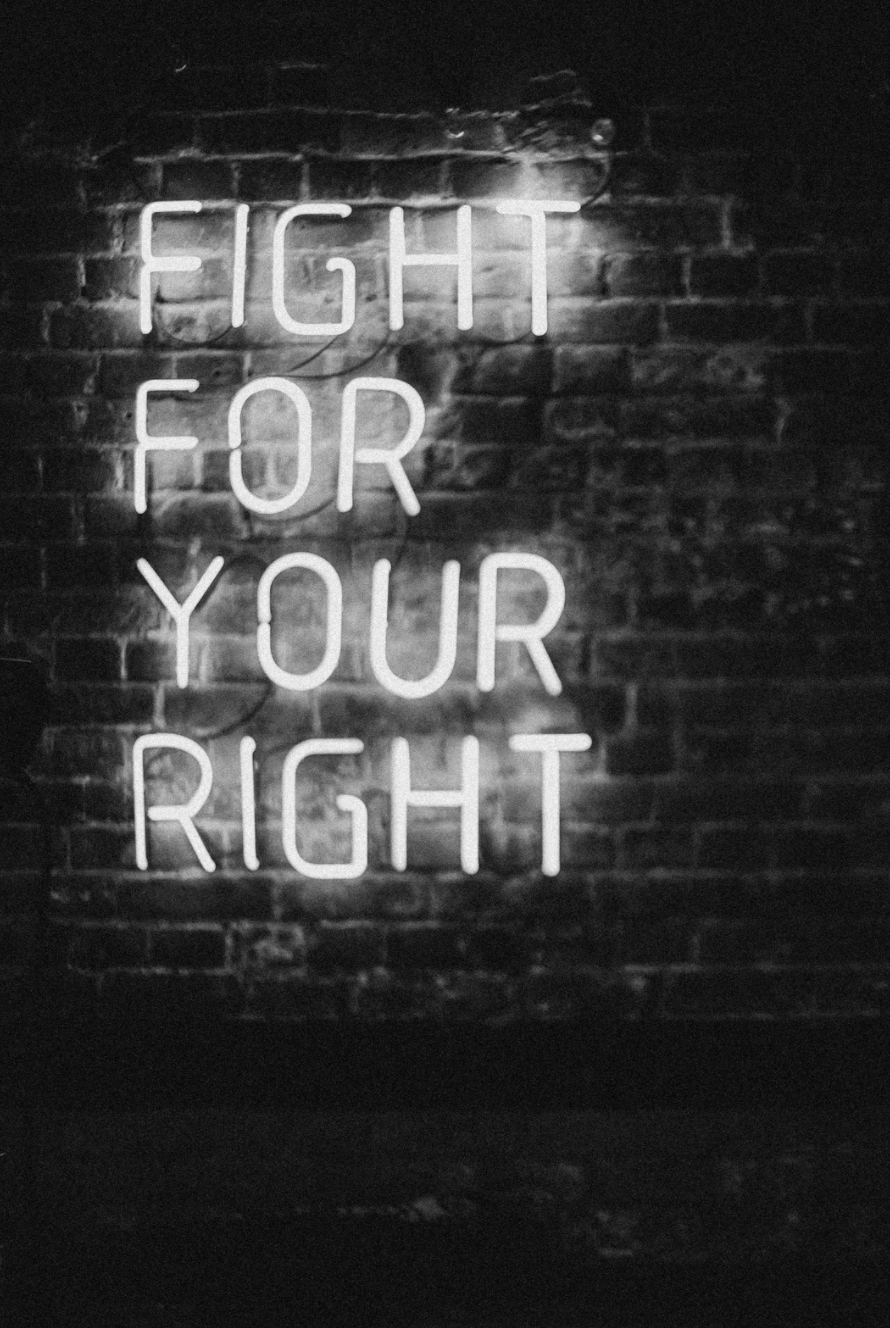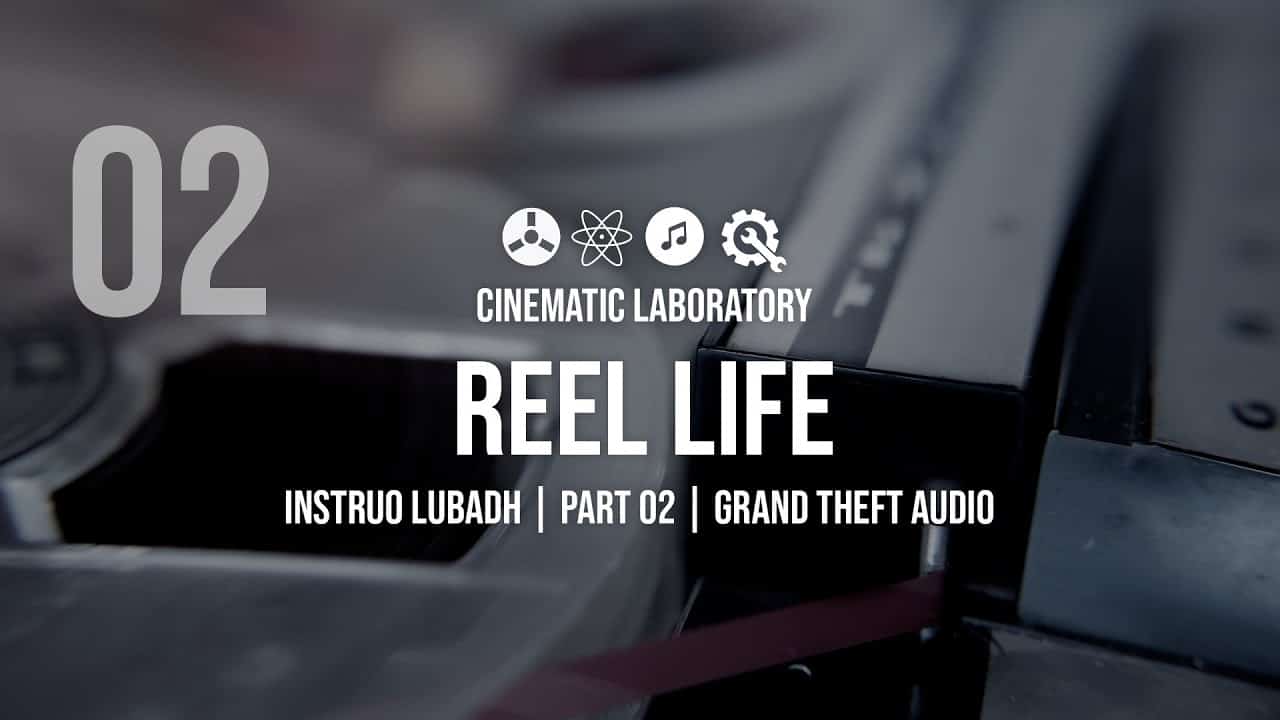This portion of the site is for general informational purposes only. The content is not legal advice. The statements and opinions are the expression of the author, not StrongMocha, and have not been evaluated by StrongMocha for accuracy, completeness, or changes in the law. The information presented is not legal advice, is not to be acted on as such, may not be current, and is subject to change without notice.
6 Exclusive Rights Held by Copyright Owners
The composer of a musical work is granted exclusive rights to the work that they have created. This includes the right to reproduce, distribute, perform, and display the work. The composer also has the exclusive right to create derivative works based on the original work.
What Are the Six Rights of Copyright?
The composer of a musical work has six exclusive rights that are protected by copyright law. These rights are
- The Right to Reproduce the Work
- The Right to Prepare Derivative Works
- The Right to Distribute Copies of The Work
- The Right to Perform the Work Publicly
- The Right to Display the Work Publicly
- The Right to Transmit the Work Digitally
Royalties are generated from the licensing and transfer of these exclusivity rights to another company and are what allows the artists to earn a living and protect their original content.
Reproduce the Copyrighted Work
First, the copyright owner can copy the original copyrighted document by releasing it on CDs or on LP and releasing it on streaming sites for free. Whenever a listener plays on a streaming service, he triggers a reproduction of the recorded music (aka the master) & the underlying music work ( the composition. So streaming companies are required to hold copyright licenses for a single song to use in their catalog.

Master copyright owners earn compensation through streaming payback and composition owners earn mechanical royalty payments.
Prepare Derivative Works Based upon The Copyrighted Work
Copyright holders are prohibited from using derivative versions in any form of the musical composition. Derivative works are musical works with key copies of the copyrightable parts of previously original works.
A third party requesting to make copies of compositions or master recordings requires synchronizing licenses and/or master use licenses (in the composition side). Mostly derivative works are audiovisual combinations that include songs within a larger work: advertisements, television shows, films, and video game titles.
Distribute Copies of The Copyrighted Work to The Public
Copyright protects copyright holders’ right to copy and sell the copies to a third party. The rights for distribution and dissemination of music are provided through streaming payments.
Nevertheless, distributions occur only in the case where a piece itself is sold or distributed by the composer.
Perform the Work Publicly
Copyrights give authors exclusive rights to perform works publicly. It does not mean a living person must do this but any audio broadcasts in public places are permitted. Live concerts, performances, music played in public spaces like pubs or clubs, broadcasts and audio-streaming through Spotify are also considered public events.
Artists’performance rights are a key source of revenues for songwriters and publishers, but whether or not recordings receive performance royalty varies according to country.
Display the Work Publicly
Lesser use of copyrights is the public view of the work. This right can also apply to visual arts and literature work, as they represent less than 20% of real royalties generated in music.
The “print rights” do not exist in the case of music that is not really displayable. This could also be relevant if, for example, the label is preparing song lyrics to be printed out onto an album. A printing license is necessary (and usually inexpensive) for such a case.
Perform the Copyrighted Work Publicly by Means of A Digital Audio Transmission
These rights are known as Digital Performance Rights and are only limited by the United States.
Digital Performance Rights operate similarly in the US as neighboring rights but they only apply to digital channels such as Pandora XM or Webcasts. In this case, recordings can only earn performance royalties if they play the music on digital radio.
What Is a Copyright?
Copyright is a form of legal protection under Title 17, Chapter 1, Section 106 of the U.S. Code that gives you as a songwriter or composer exclusive rights to control how your original work is used commercially in the United States for a limited period of time.
Copyright protection is given automatically – by law – to any original musical score, “musical work,” and sound recording that has been fixed in a tangible medium (recorded on paper or saved on computers).
It is optional to file with the U.S. Copyright Office for complete legal protection. But since it’s easy and inexpensive to do – especially via the internet – there are good reasons why you might want to put that copyright symbol after your name (©) now rather than later.
Conclusion
The article explains the different types of exclusive rights that copyright holders have. These include the right to prepare derivative works, perform the work publicly, display the work publicly, and digitally transmit the work. It also explains what is considered a public performance. Finally, it summarizes what is required to acquire a license for each of these rights.
The composer of a musical work is granted exclusive rights to the work that they have created. This includes the right to reproduce, distribute, perform, and display the work. The composer also has the exclusive right to create derivative works based on the original work.
These six exclusive rights are protected by copyright law and generate royalties for the composer when they are licensed or transferred to another company.
This portion of the site is for general informational purposes only. The content is not legal advice. The statements and opinions are the expression of the author, not StrongMocha, and have not been evaluated by StrongMocha for accuracy, completeness, or changes in the law. The information presented is not legal advice, is not to be acted on as such, may not be current, and is subject to change without notice.









